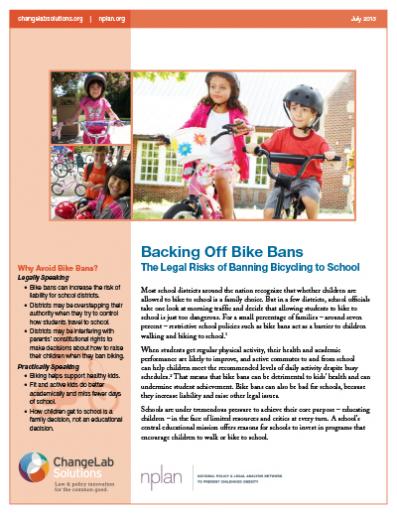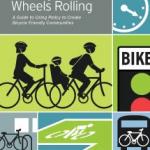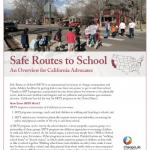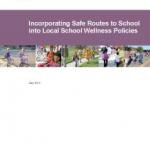Backing Off Bike Bans
The legal risks of banning bicycling to school
Most school districts around the nation recognize that whether children are allowed to bike to school is a family choice.
But in a few districts, school officials take one look at morning traffic and decide that allowing students to bike to school is just too dangerous. For a small percentage of families – around seven percent – restrictive school policies such as bike bans act as a barrier to children walking and biking to school.
When students get regular physical activity, their health and academic performance are likely to improve, and active commutes to and from school can help children meet the recommended levels of daily activity despite busy schedules. That means that bike bans can be detrimental to kids’ health and can undermine student achievement. Bike bans can also be bad for schools, because they increase liability and raise other legal issues. Schools are under tremendous pressure to achieve their core purpose – educating children – in the face of limited resources and critics at every turn. A school’s central educational mission offers reasons for schools to invest in programs that encourage children to walk or bike to school.
ChangeLab Solutions developed Backing Off Bike Bans for school districts, students, and community members, who can all benefit when there is a clear understanding of the line between the school district’s responsibility to provide a strong educational environment and each family’s responsibility to decide how their children will get to school in the morning.



